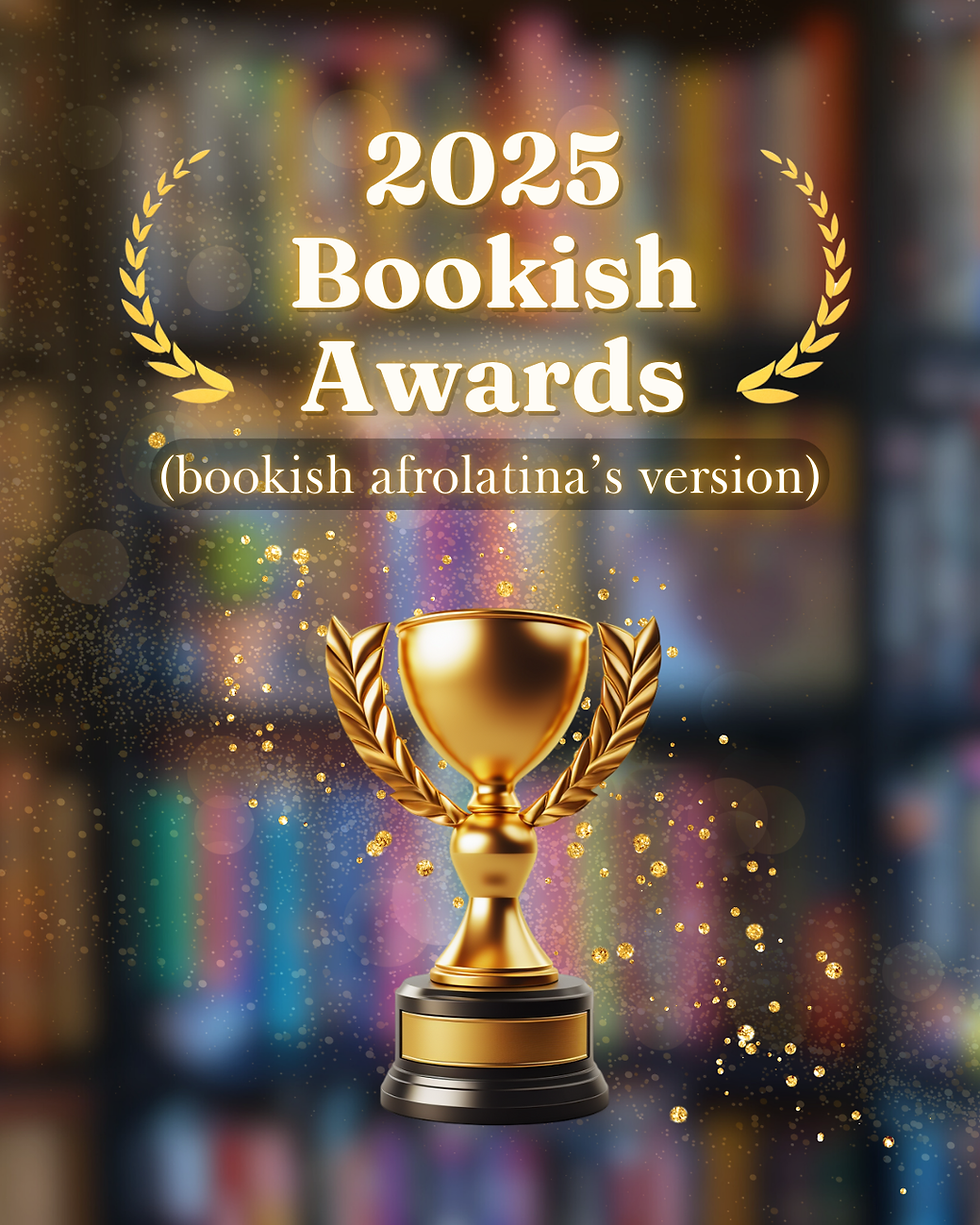The Personal Librarian by Marie Benedict and Victoria Christopher Murray
- Gabby Womack
- Sep 25, 2021
- 0 min read

Rating: 4 stars
Genre: Historical Fiction
Themes: Black-to-white racial passing, racism, classism, sexism, antisemitism, relationships.
Description:
The remarkable story of J. P. Morgan’s personal librarian, Belle da Costa Greene, the Black American woman who was forced to hide her true identity and pass as white to leave a lasting legacy that enriched our nation, from New York Times bestselling author Marie Benedict, and acclaimed author Victoria Christopher Murray.
In her twenties, Belle da Costa Greene is hired by J. P. Morgan to curate a collection of rare manuscripts, books, and artwork for his newly built Pierpont Morgan Library. Belle becomes a fixture in New York City society and one of the most powerful people in the art and book world, known for her impeccable taste and shrewd negotiating for critical works as she helps create a world-class collection.
But Belle has a secret, one she must protect at all costs. She was born not Belle da Costa Greene but Belle Marion Greener. She is the daughter of Richard Greener, the first Black graduate of Harvard and a well-known advocate for equality. Belle’s complexion isn’t dark because of her alleged Portuguese heritage that lets her pass as white—her complexion is dark because she is African American.
The Personal Librarian tells the story of an extraordinary woman, famous for her intellect, style, and wit, and shares the lengths she must go to—for the protection of her family and her legacy—to preserve her carefully crafted white identity in the racist world in which she lives. - Victoria Christopher Murrary's website
Review:
It took me a while to get through this book. I was excited to begin reading it as I am a Black librarian and have been researching passing in the United States for some time now. However, I felt slowed down by my own mood and by the vastly different takes I saw on this novel. Some people loved it and sang its praises while a few other deemed it only worthy of a one-star rating.
Part of what made it hard to completely lose myself in the book is Greene's voice. Her narration is very formal, but I expect it accurately mimic's that of the people who lived in her station at the turn-of-the-century in the United States. Once I got past that, Greene's observations, fears, and ambition were easy to understand. Being a woman at the start of the 20th century was hard enough. Being a Black woman was something else in itself. Sacrificing her family, personal life, and happiness in order to achieve her dream was likely very painful for Belle and others like her. Benedict and Murray do a great job of reminding the reader of the historical context of Greene's time throughout the book without hammering it in. Despite the enormous benefits that Greene enjoyed as an American tycoon's personal librarian, she was still carrying the weight of providing for her immediate family (as well as protecting their secret), keeping herself safe from racial violence, and trying to make sure her work would benefit the public in the end.
I'm glad that Benedict and Murray took some time to examine the intersectionality of Greene's identity and the privileges that came along with them. While she was extremely knowledgeable and talented, Greene was also simply lucky. She had been born light-skinned enough to be able to hide in plain sight while those darker than her had no choice. She may have lived her life in fear of being exposed, but she had the benefit of being able to avoid the "race riots" and so much more.
My only critiques of this book are that I wish the authors spent a bit more time analyzing Greene's privilege, her life after J.P. Morgan's death, and the notion (which many people believed in Greene's time and now) that the greatest contributions to the history of this country, the world, art, and literature come from Western Europe and Greece.
As this book is a bit dense for casual readers, I'd recommend it to history buffs, historical fiction fans, rare book librarians, and art history enthusiasts.







Comments